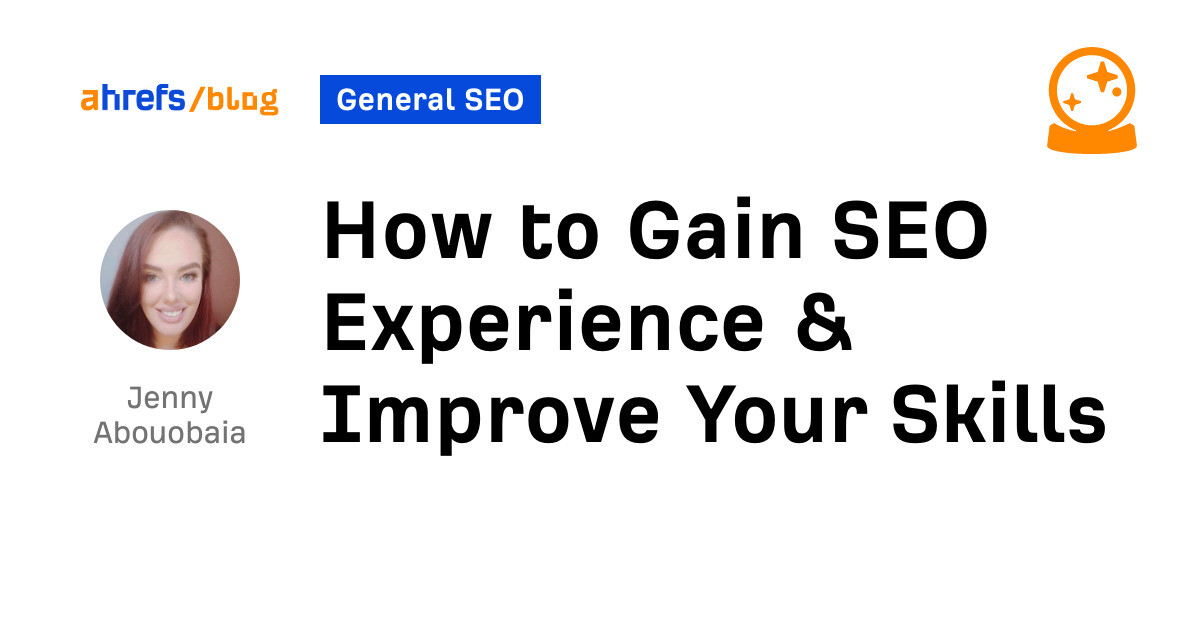In the SEO universe, paradigm shifting insights can suddenly appear out of nowhere, like a decloaking warbird a little too close to the neutral zone, catching even the most seasoned captains by surprise. The recent Google API leak has sent such a shockwave through the SEO quadrant, igniting intense discussions and debates within the community. We’ve laid in a course to navigate the nebula of this new information, examining the implications of the leak and how it correlates with Yoast’s established SEO protocols, providing clear guidance amidst these cosmic shifts.
Yoast’s perspective on understanding The Leak:
The contents of the leaked documents do not contain the secret recipe for the algorithm. They are lists of API calls that can retrieve specific bits of information from the data that Google is tracking and storing. When reading through the API documentation, remember that presence or existence is not definite confirmation of current use. Please do not confuse existence with use, or mistake any of the data points included in the leak as “proof” that “Google’s been lying to us!” The existence or presence of certain data points in Google’s API documentation does not mean those data points are actively being used as ranking factors in the algorithm. The only thing confirmed is that the data is collected and stored for potential use, but the existence of the data itself does not prove it is actively used in the ranking algorithm.
Personally, I like to think of the information collected as ingredients in the pantry. I can assemble them in a number of different ways and in different amounts to make a variety of recipes. They’re useful to have handy; however, the fact that they’re in the pantry doesn’t mean I am definitely using them in the recipe I am cooking right now. However, it is possible I will use some of those ingredients to make dinner tomorrow — or maybe next week. The point is, I keep them on hand so I have options, and that is why Google is collecting the data, to have options when testing or modifying the algorithm.
At Yoast, we believe in equipping our users with tools and knowledge that stand the test of time and tide. The recent leak does not change our core philosophy; rather, it reinforces our commitment to adhering to SEO best practices.
Clarifying the Leak’s contents:
- API documentation vs. algorithmic use: The leaked documents reveal API calls to a data warehouse, not direct insights into the algorithm’s operational mechanics. Because the data is being tracked and stored, does not mean it is actively used for ranking, but it also doesn’t mean it isn’t.
- Long-term data storage: The data points revealed confirm that Google maintains a kind of ‘permanent record’ of a site’s performance and usage data (if you went to public school in the US, you’ll know what a permanent record is). This underscores the importance of maintaining consistent, quality SEO practices over the life of a domain.
- Potential data utilization:
- Usage data and performance metrics: Data from sources like Chrome, tracking speed, and user interaction, highlight the breadth of Google’s data collection, which could influence or be used in future algorithm updates.
- Non-link mentions and click data: The storage of click data and non-link mentions suggests a broader scope of interest in metrics that many believed were not being tracked or used in the algorithm. Any or all of these could be tested or integrated into ranking factors at any point, or could be used currently.
Key takeaways and recommendations:
- Transparency and behavior: Everything is potentially recorded, so engage in SEO practices with the awareness that any ‘cheaty’ behavior not only risks penalties but may also impact your site’s long-term reputation and performance.
- Comprehensive optimization: Optimize all aspects of your site’s performance, from speed to user engagement, not just for current benefits but for future-proofing against potential algorithm updates that might use some of the other data being recorded and stored.
Conclusion
The Google Leak, while certainly not a nothing-burger, isn’t quite the massive disturbance in the subspace continuum we originally thought. It is absolutely interesting and the potential uses of some of the data points are fascinating to contemplate, but ultimately, this is a reminder of the complex, evolving/mutating nature of SEO. It’s also a reminder that it is not enough to just adapt to immediate changes, but to consistently practice a holistic, ethical approach to SEO. At Yoast, we continue to support our community by providing tools that guide you through these uncharted galaxies with integrity and foresight.




